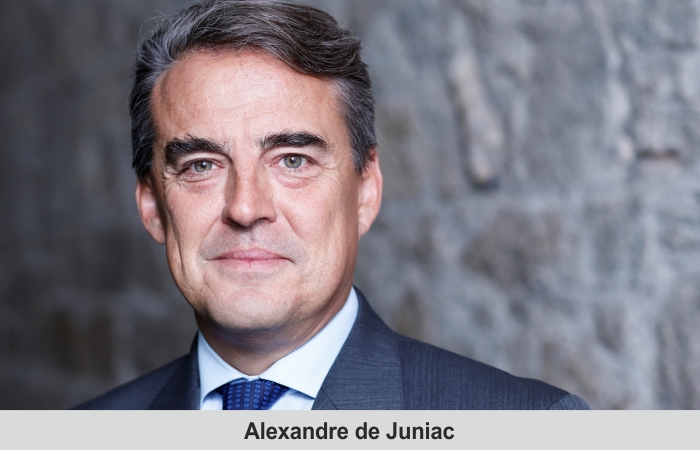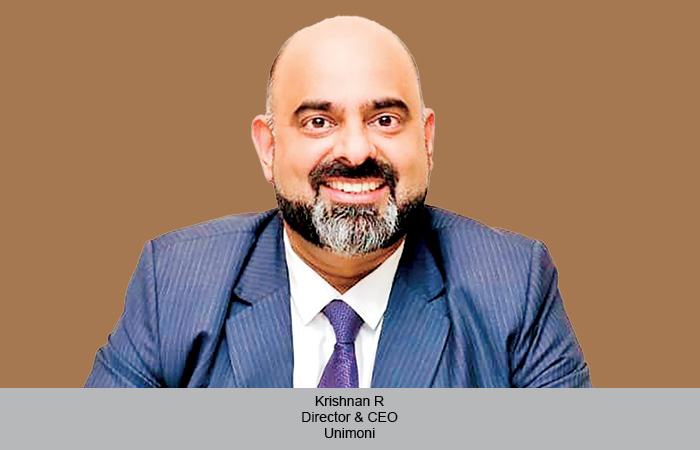While sharing his view on how the past year has been for the aviation industry and what awaits in 2021, Alexandre de Juniac, Director General & CEO, IATA, says that waiting for global distribution of the vaccine to reopen borders to travel is not a wise option. Instead, borders must open with systematic COVID-19 testing.
Manas Dwivedi
The IATA CEO believes that the dimension of this crisis is unlike anything that has ever been seen, and the development of a vaccine will play a key role in recovery. “But, the only thing that we can say for certain is that we would not expect it to be widely available until at least midway through 2021. The financial situation of the industry is dire. Our latest forecast is that airlines will lose $118 billion in 2020. While the situation is expected to improve in 2021, we still expect a loss of $38 billion. Governments have understood the situation and provided some $133 billion in aid. Without it, we would have seen many more airlines go bankrupt or cease operations. Even at that, Cirium has recently estimated that some 40 airlines had failed this year. Looking ahead to revenue projections, we don’t see the industry being able to turn cash positive before late 2021. Much of the $133 billion of government support is running out in Q4 of this year,” he said. De Juniac was speaking at the CAPA Live December session.
IATA’s priority at the moment is a safe restart of travel. “It’s clear that for our customers, safe travel and effective testing are linked. For governments, meanwhile, restarting travel depends on minimising the risk of importing new cases. That also points us in the direction of systematic testing. We have the technology; rapid antigen tests are delivering results with over 90 per cent accuracy in 15 minutes or less, and new testing technologies under development could be even better,” de Juniac explained.
Down the road, vaccines represent a permanent solution, he believes, and adds that news on progress of the vaccine is encouraging and IATA is working with World Health Organization, UNICEF and others in the COVAX initiative to ensure that aviation is prepared to deliver vaccines around the world. “Borders must be open for distribution, and logistics, and facilities need to be available with well-trained staff and security measures. Passenger operations with belly capacity must be scaled up for the largest and most complex logistical challenge ever,” he said.
Making his concluding remarks, de Juniac mentioned that aviation is a resilient industry and global economic recovery from COVID-19 will need the support of strong global connectivity that only aviation can provide. “The dimension of this crisis is unlike any we have seen before, but that should not destroy our confidence to see aviation through as a viable industry. And, the people on this planet have not lost that taste for the freedom to fly,” he said.
 TravTalk India Online Magazine
TravTalk India Online Magazine





